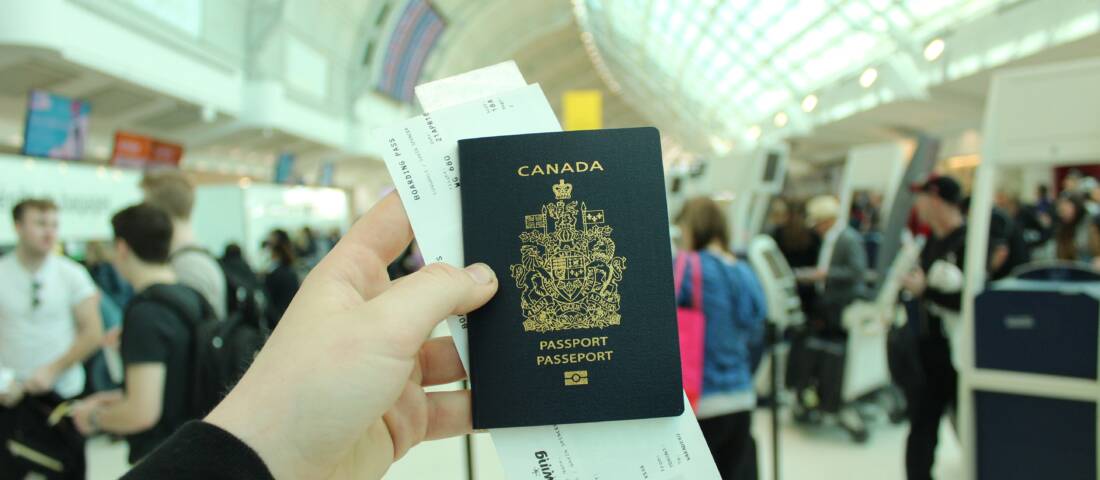On April 10, 2018 Immigration, Refugee and Citizenship Canada (“IRCC’) announced that it will be implementing its Biometric Expansion Project with the Canada Border Services Agency, the Royal Mounted Police and Shared Services Canada (“SSC”), by July 31, 2018.
The requirement to provide biometrics would apply to persons between the ages of 14 and 79 who may be applying for a temporary or permanent resident visa or status, work permit, study permit, temporary resident permit or refugee protection. Nationals of the United States will not be required to provide biometrics, unless they are applying for permanent residency. As well, persons eligible for an Electronic Travel Authorization (eTA) may not be required to provide their biometrics if they were travelling to Canada as tourists.
Applications filed online will receive a request for biometrics within 24 hours, giving the applicant 30 days to complete their biometrics. For applicants who are eligible at the Port-of-Entry, they are required to enroll directly at the port. The RCMP has committed to a 2-hour turnaround to review the biometrics, however early data is showing that responses are around twenty minutes.
To reduce the compliance burden, biometrics previously collected in support of a temporary resident visa, status or permit would be valid for 10 years from the date of enrolment to support a subsequent or new temporary resident visa, status, status or permit.
The first phase of the biometric initiative will begin on July 31, 2018, starting with foreign nationals from Europe, Africa and the Middle East. The second phase of countries will begin in December 2018 and will include Asia and the Americas.
The existing $85.00 fee for biometrics will continue to apply.
The second component of the Biometric Expansion Project includes systematic fingerprint verification for all biometrically enrolled travelers at Canada’s major airports and expanded fingerprint verification capacity at additional ports of entry. As a result, 57 Port-of-Entry’s in Canada will have the ability to collect biometrics. A list of these ports will be published and they will include all major airports.
The third component of the program is an increase in biometric information sharing between Canada and the United States and introduce biometric information sharing with other the Migration 5 (formerly known as Five Country Conference) partners (i.e. Australia, United Kingdom and New Zealand).
For further information on the collection of Biometrics please click here: http://www.gazette.gc.ca/rp-pr/p1/2018/2018-04-07/html/reg1-eng.html








